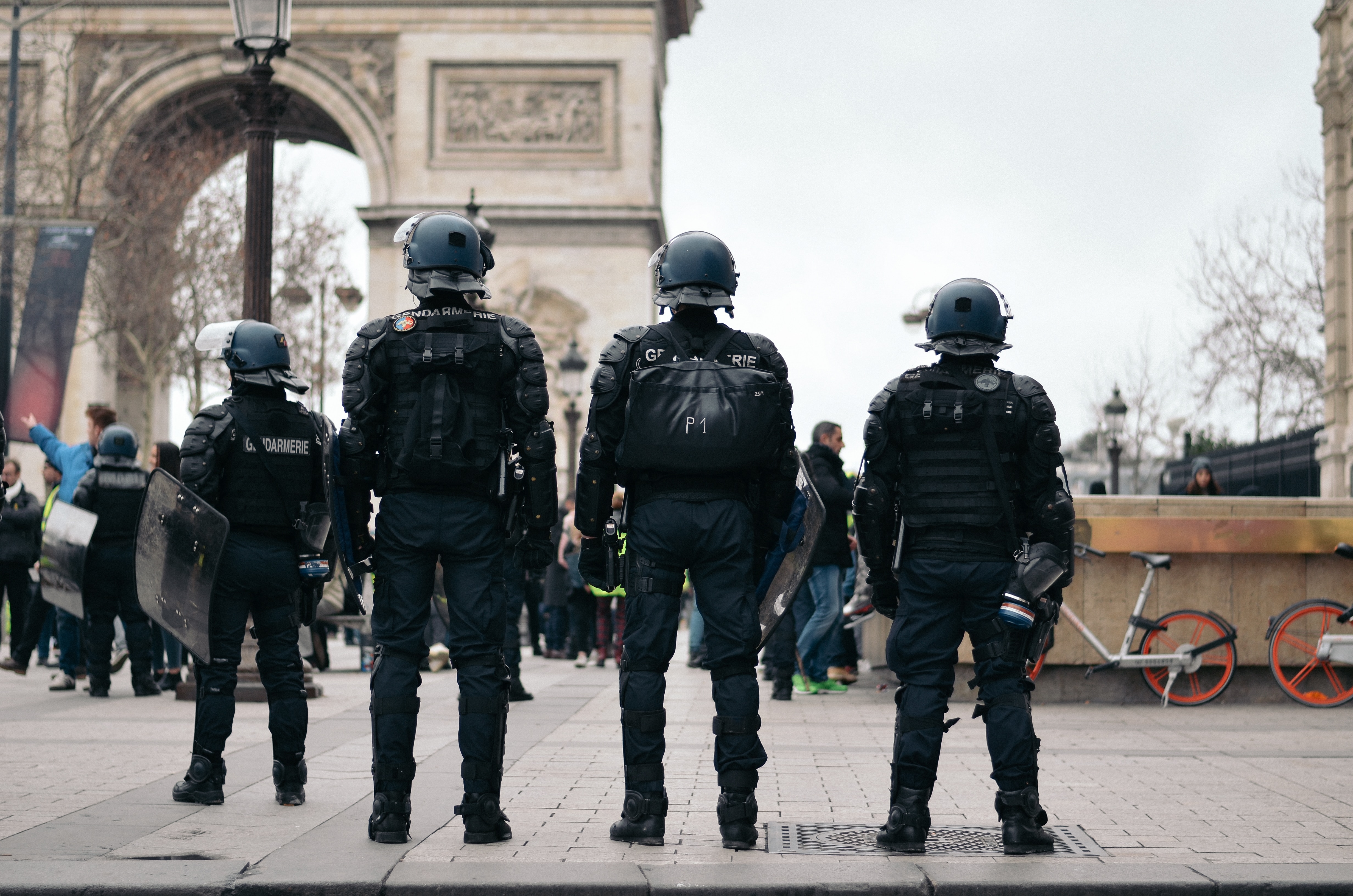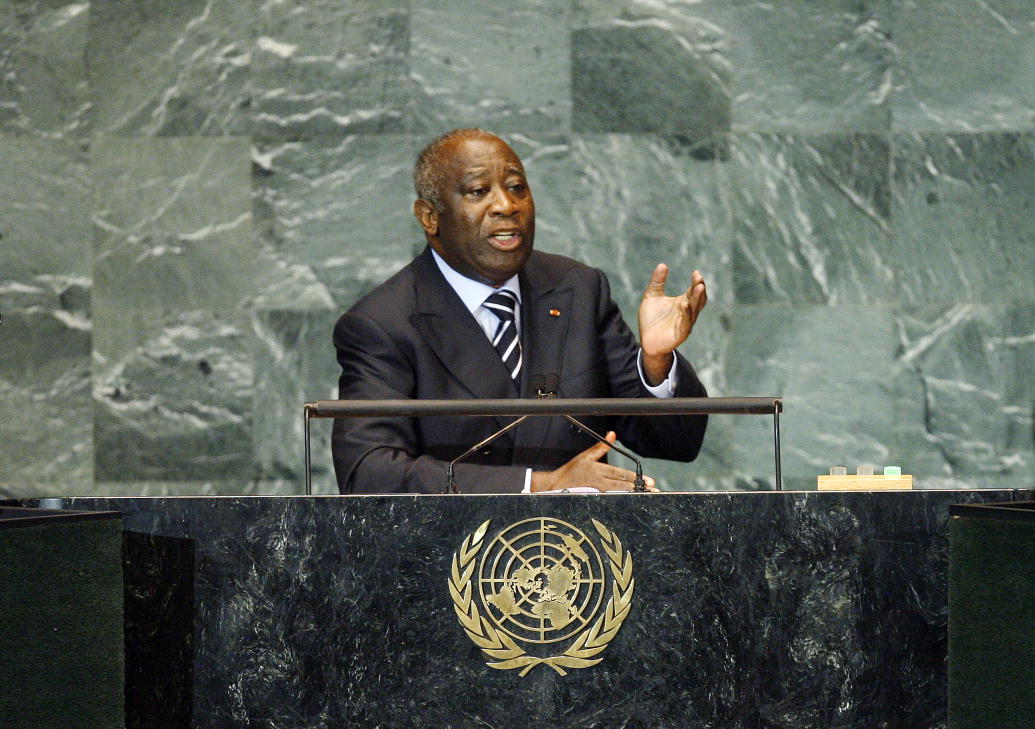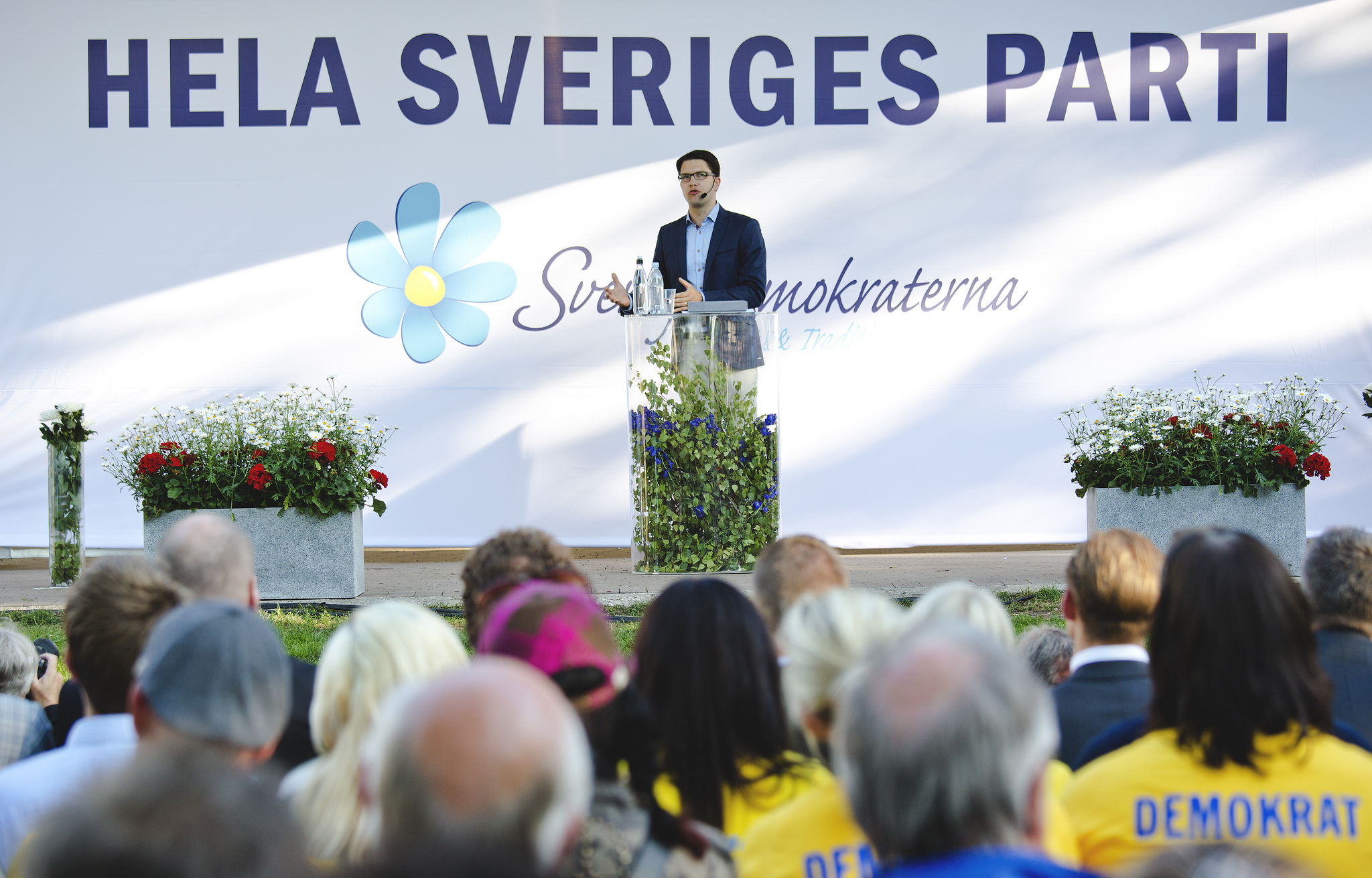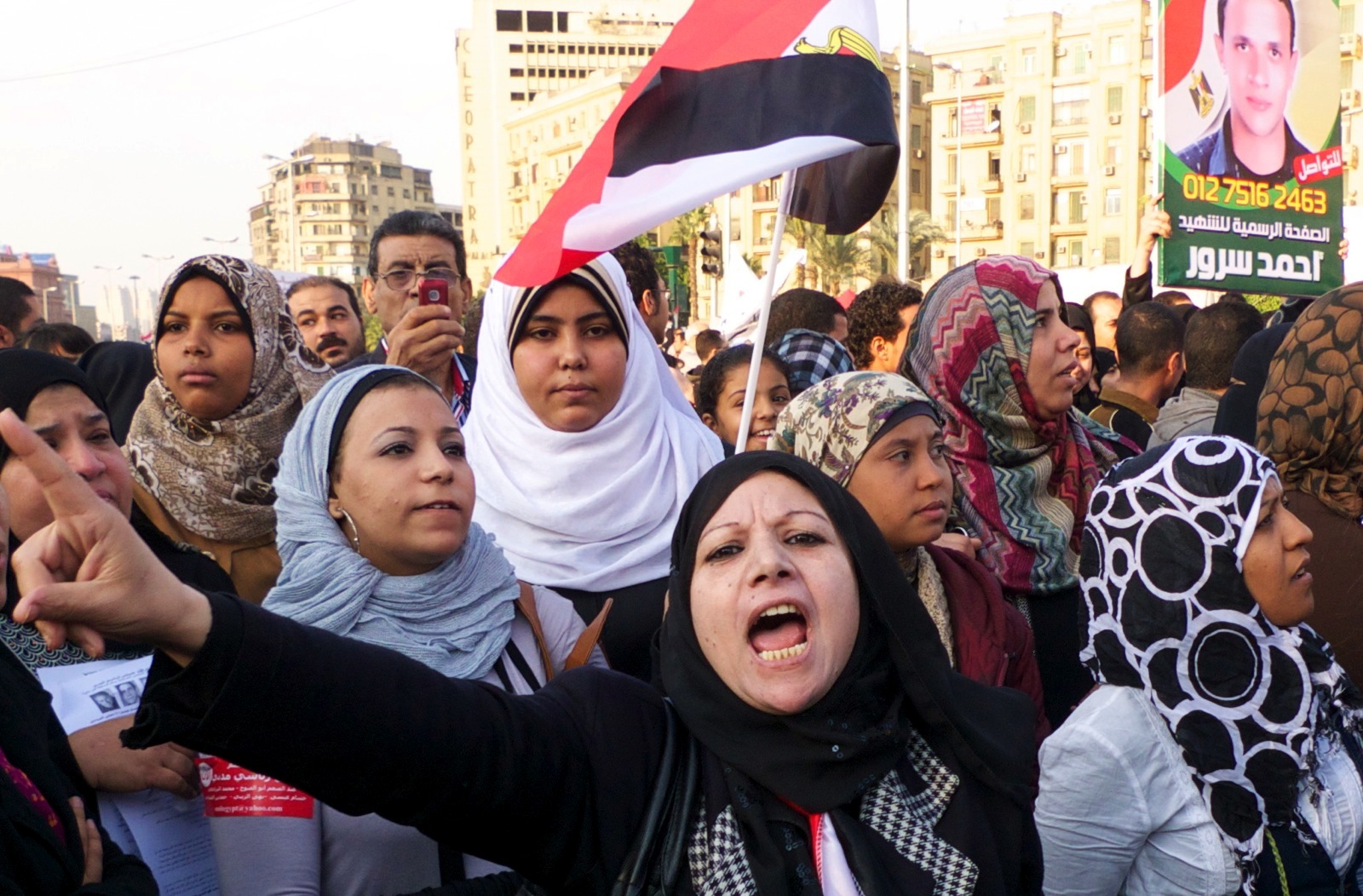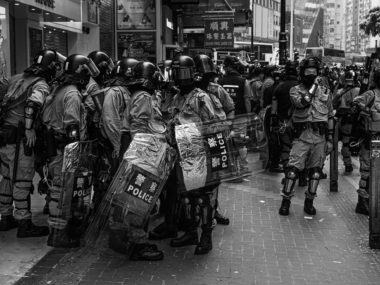Guest post by Vincenzo Bove, Mauricio Rivera, and Chiara Ruffa
Terrorism does more than kill people and spread fear. We already knew that terrorism damages economies and weakens human rights; now we also know that it boosts military involvement in politics. This occurs because, in protracted struggles against terrorism, military actors may exploit their informational advantage over civilian authorities to “push” their way into politics and policymaking; or the military may be “pulled” into politics by decision makers.
Of course, militaries have often played a critical role in counterterrorist strategies, but involvement in politics goes beyond traditional, behind-the-scenes counterterrorism. In the United States, for example, President Trump nominated a retired Marine Corps General, James Mattis, to be Secretary of Defense, in an example of what some experts suggest is a politization of the US military since 9/11. Mattis received an exception from Congress and was allowed to serve in a top civilian position. Additionally, “President-elect Donald Trump began to speak regularly about ‘my generals,’ placing a personal stamp of ownership,” on the military, write David Barno and Nora Bensahel.
Politicization of the military has happened elsewhere, too. In the UK, for example, there was widespread concern when the British Army deployed tanks at London Heathrow airport following the bombing of a concert in Manchester. And in Mexico, where drug-related violence has dramatically increased since 2007, and criminal organizations often threaten public security, military forces have obtained increasing power, and observers often warn about the militarization of public safety. The use of the military domestically is not only a symbolic shift; it is often accompanied by emergency legislation and increased military autonomy that can ultimately weaken the quality of democracy.
Democratic governments grappling with long-enduring terrorist violence are trapped between Scylla and Charybdis: they have incentives to exercise full power and retain effective control over the military, but they also have incentives to allow greater military autonomy to reinforce domestic security. Terrorism also tends to increase people’s willingness to trade civil liberties for perceived security, and political authorities expect electoral payoffs if they strengthen military presence. This is a key paradox in democratic politics since democracy presupposes full civilian control over the military and increasing levels of military autonomy often imply greater influence in policy areas within the security sector, and sometimes extend to drafting constitutions, redefining justice, and appointing specific actors in key state institutions. Which imperative prevails?
Terrorism Increases Military Intervention
A close look at global data on military intervention in both democracies and autocracies between 1984 to 2004, shows that domestic terror attacks and perceived threats from domestic and transnational terrorist organizations increase military involvement in politics. In this data, military involvement is defined as military actions that fall short of an outright attempt to acquire full control of the government (i.e., a coup). These results hold for democracies and autocracies, suggesting that both dictators and democratic leaders have incentives to concede autonomy to military actors in contexts defined by terrorism.
Take the case of France and Algeria, two countries with little in common vis a vis civilian control, but where terrorist threats prompted military involvement in politics.
In France, following the attacks against Charlie Hebdo, the Bataclan and Stade de France (2015), and in Nice (2016), President Hollande tried to repair his damaged political capital by showing his martial side, stressing that “the country was at war.” More than 13,000 troops were deployed domestically—12 percent of the army’s active duty members, making it the largest domestic operation ever launched in France. Hollande began relying on the Defense Council for advice on counterterrorism issues instead of the Internal Security Council, thereby involving the military more systematically. The military obtained higher tactical autonomy, including the right to conduct inspections and use force in the streets, and increased access to the president, who began meeting high-level officers of the Joint Chief of Staff every seven days, instead every 41 days, which had been normal at lower levels of alert. The military and gendarmes were also provided with some of the judiciary police functions. While still operating within the boundaries of civilian control, after a string of deadly terrorist attacks, the French government “pulled” the military into a more proactive role and increased its influence over political decisions.
Algeria had a similar experience in the period before the civil war (1989-92). The military had historically been the backbone of support to the National Liberation Front. Considered an “arbiter” or the “real power,” the military directly chose the president and had informal veto power in many political decisions. In 1988, an increase in terrorism was preceded by political change that threatened the military’s status, namely the approval of a new constitution and the formation of the Islamic Salvation Front (FIS). The armed forces reacted strongly and “pushed” their way into politics. They stressed their role in protecting the country from terrorist attacks and influenced Parliament to approve the state security court regime, and, in early 1990, the state of siege, which resulted in a curfew and severe restrictions on the right of association. The military also began to associate terrorist threats and attacks to the FIS, and eventually turned to violent coercion to contain their rise: the military cancelled the second round of voting, annulled the first round, removed FIS leader Benjedid from office and, shortly after, declared FIS illegal. Soon after, the civil war began.
Implications for Democracy
Terrorism increases military participation in politics and the armed forces are often willing to endorse harsh repressive strategies against terrorism. Long-enduring episodes of terrorist violence are thus likely to affect civil liberties and the quality of democracy. Greater military involvement in politics risks becoming ingrained and routinized, thereby establishing new “securitized” modes of governance. Such modes may be promoted as a counterterrorist strategy, much as the United States has done, deferring to military actors’ inclinations to privilege security over civil liberties and political rights. Countering terrorism effectively is key, but governments must implement mechanisms—greater involvement of parliaments; regular critical reflections on the appropriateness of decisions taken; and greater use of transnational model laws—that enhance transparency and strengthen civilian control to avoid perpetuating emergency legislation and prevent the rise of militarism.
Vincenzo Bove is Professor of Politics and International Studies at the University of Warwick, UK. Mauricio Rivera is Senior Researcher at the Peace Research Institute Oslo, Norway. Chiara Ruffa is Academy Fellow at the Department of Peace and Conflict Research at Uppsala University, and Associate Professor in War Studies at the Swedish Defense University, Sweden.

